At the workshop “Regional linkage - Promoting green value chains in Vietnamese agriculture”, Mr. Vuong Van Quy - Deputy Head of Credit Policy Department of Vietnam Bank for Agriculture and Rural Development ( Agribank ) shared the orientations for implementing green credit, promoting regional value chain linkage. The event was organized by Agriculture and Environment Magazine.
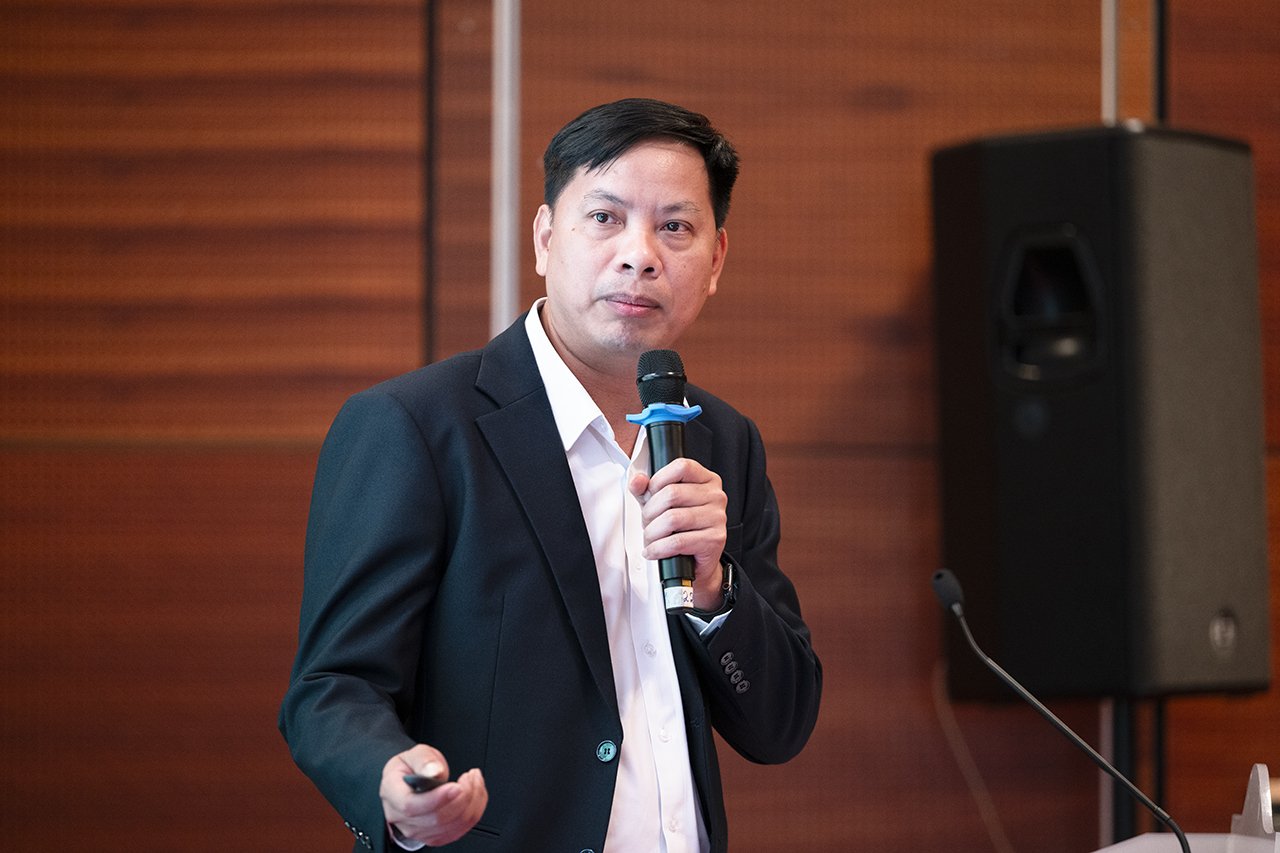
Mr. Vuong Van Quy - Deputy Head of Credit Policy Department, Agribank spoke at the Workshop on November 19. Photo: Minh Thanh.
According to Mr. Vuong Van Quy, green credit plays a special role in regional connectivity and developing sustainable agricultural value chains, reducing risks in fragmented agricultural production, creating conditions for the formation of concentrated production areas, improving product quality and traceability.
Green credit also enhances the competitiveness of Vietnamese agricultural products, meeting ESG standards in strict export markets. The implementation of preferential credit programs helps create inter-regional green value chains, closely connecting raw material areas, processing, logistics and consumption, optimizing resources and reducing emissions.
In Vietnam, despite many challenges in terms of mechanisms, policies and implementation capacity, the potential for green credit development is still highly appreciated thanks to efforts to build a legal corridor and the drastic participation of the banking industry. Implementing the national strategy on green growth for the period 2021-2030, Agribank has deployed many solutions to support businesses, cooperatives and people to access green capital.
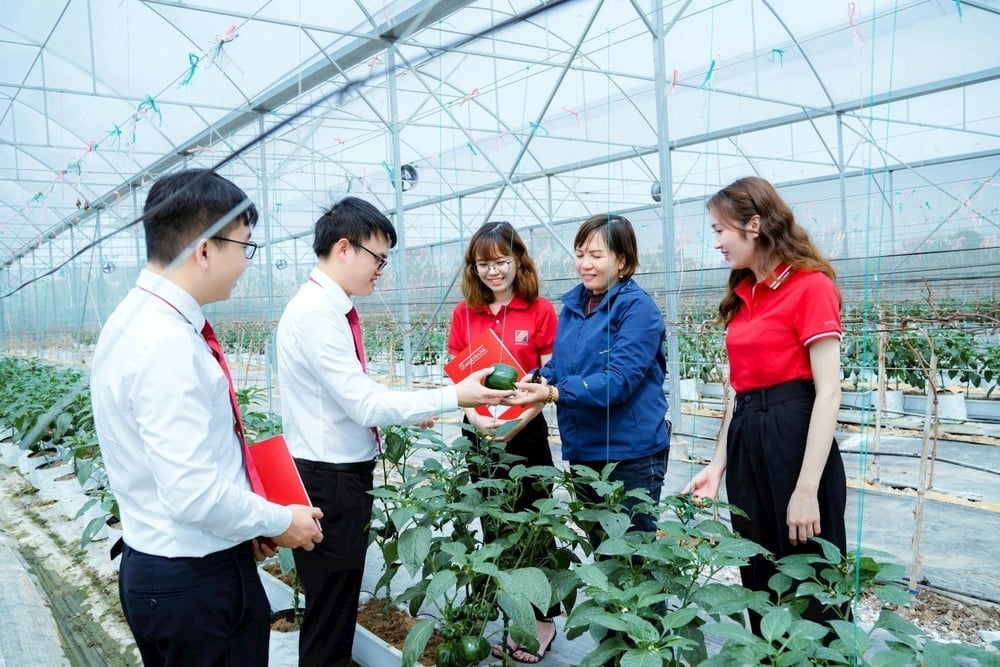
Preferential capital from green credit encourages businesses and cooperatives to invest in clean technology, reuse by-products, develop renewable energy, and contribute to reducing emissions throughout the chain. Photo: Nhan Dan Newspaper.
"One of the important solutions is to integrate environmental and social risk assessment into the internal credit granting process," said an Agribank representative. The bank issues regulations on environmental and social risk management, integrates them into project appraisal according to Circular 17/2022/TT-NHNN, and conducts post-disbursement monitoring to limit negative impacts.
In addition, Agribank has implemented preferential credit programs aimed at green and sustainable agriculture. In 2017, the bank coordinated to implement a VND50,000 billion loan program for high-tech and clean agriculture projects with interest rates reduced from 0.5% to 1.5% per year compared to normal. The loan program for the 1 million hectares of high-quality and low-emission rice project in the Mekong Delta in the pilot phase until 2025 will continue to be implemented until 2030 with preferential interest rates of 1-1.5% per year.
From implementation practice, Agribank identified three main groups of difficulties: mechanisms and policies; capacity of enterprises, cooperatives and farmers; internal banking capacity.
Regarding the mechanism, it is necessary to perfect the regulatory system on green credit, issue "green certification" standards, interest rate support mechanisms and risk guarantees.
For businesses and farmers, it is necessary to promote training to improve capacity in environmental profiling, ESG reporting, guidance on achieving organic, circular and international certification standards, and at the same time encourage participation in the chain to reduce risks and improve sustainability.
As for Agribank, the bank will continue to optimize capital resources, prioritize green projects with large spillover impacts, integrate ESG into the credit granting process, and improve the capacity of specialized human resources in green finance and environmental and social risks.
Speaking at the workshop, Dr. Dao Xuan Hung, Editor-in-Chief of Agriculture and Environment Magazine, emphasized that developing green value chains is an inevitable trend and a strategic task in the process of transforming agriculture towards modernity, efficiency and sustainability.
Accordingly, green credit can become an important driving force to promote green growth, expand regional connectivity and build sustainable agricultural value chains in Vietnam.
Source: https://nongnghiepmoitruong.vn/tin-dung-xanh-mo-rong-lien-ket-vung-xay-dung-chuoi-gia-tri-ben-vung-d785353.html


![[Photo] National Assembly Chairman Tran Thanh Man holds talks with President of the Senate of the Czech Republic Milos Vystrcil](/_next/image?url=https%3A%2F%2Fvphoto.vietnam.vn%2Fthumb%2F1200x675%2Fvietnam%2Fresource%2FIMAGE%2F2025%2F11%2F21%2F1763715853195_ndo_br_bnd-6440-jpg.webp&w=3840&q=75)
![[Photo] President Luong Cuong receives Speaker of the Korean National Assembly Woo Won Shik](/_next/image?url=https%3A%2F%2Fvphoto.vietnam.vn%2Fthumb%2F1200x675%2Fvietnam%2Fresource%2FIMAGE%2F2025%2F11%2F21%2F1763720046458_ndo_br_1-jpg.webp&w=3840&q=75)
![[Photo] Visit Hung Yen to admire the "wooden masterpiece" pagoda in the heart of the Northern Delta](/_next/image?url=https%3A%2F%2Fvphoto.vietnam.vn%2Fthumb%2F1200x675%2Fvietnam%2Fresource%2FIMAGE%2F2025%2F11%2F21%2F1763716446000_a1-bnd-8471-1769-jpg.webp&w=3840&q=75)



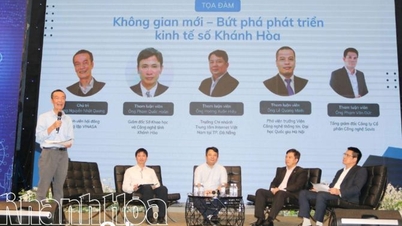

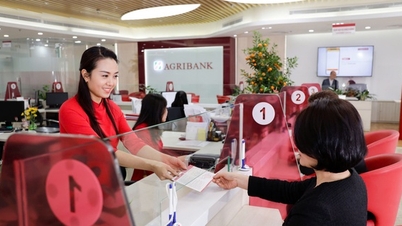



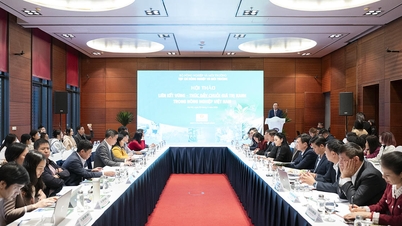









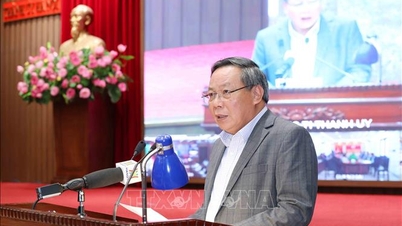
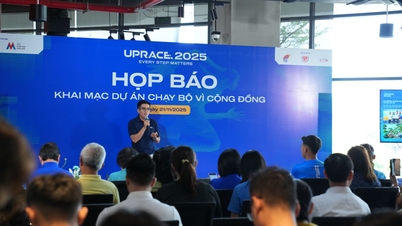
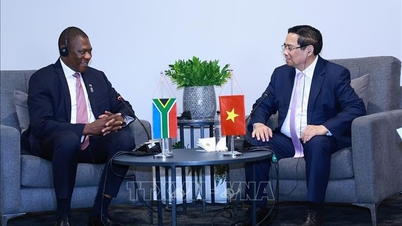




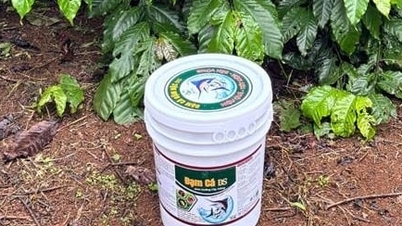
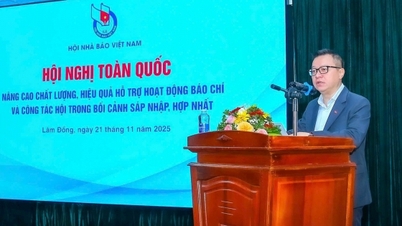
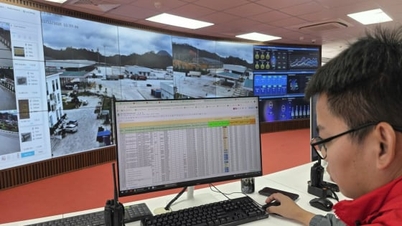
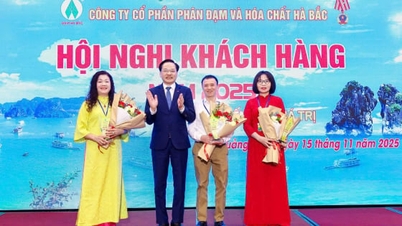
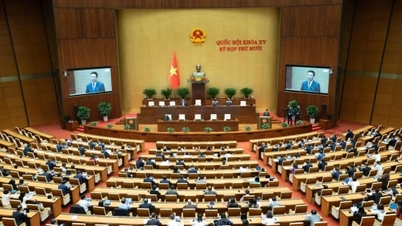
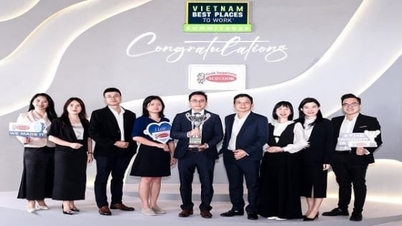











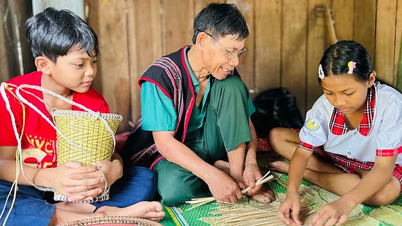






























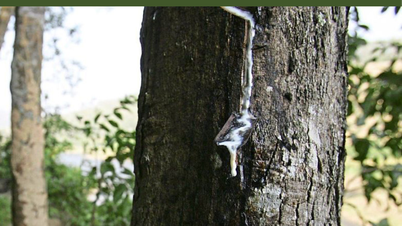

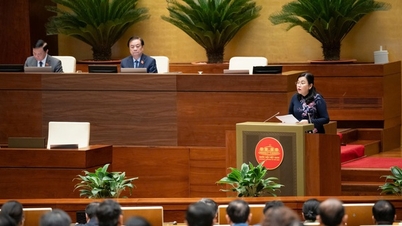

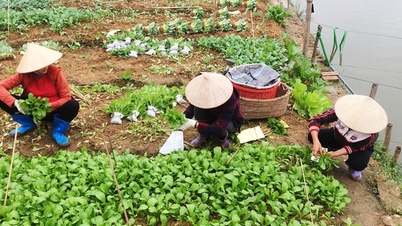
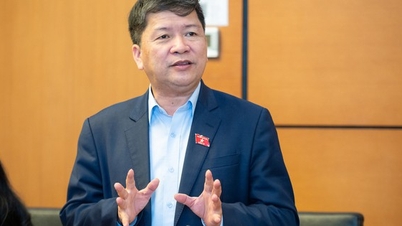

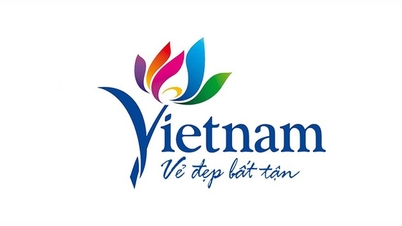


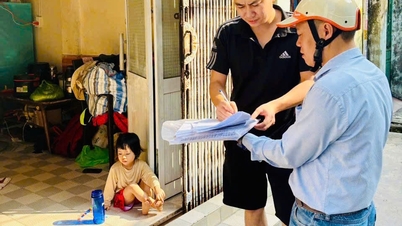

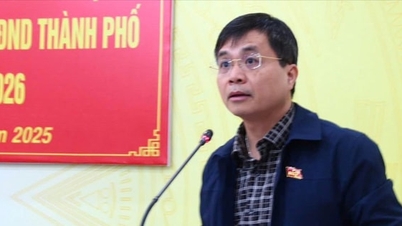

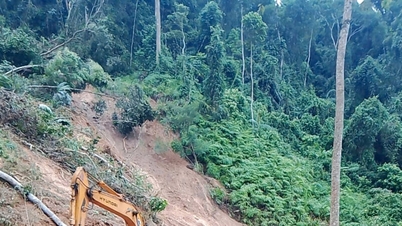

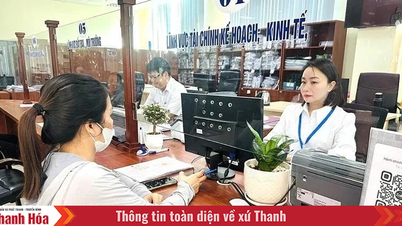

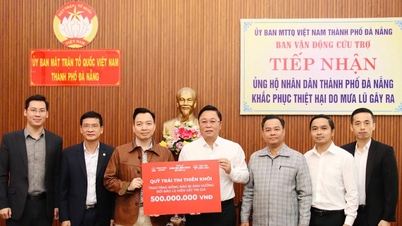














Comment (0)